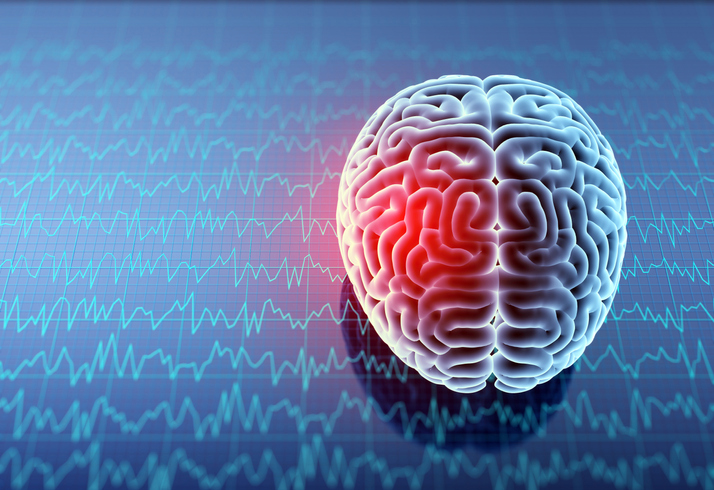
Head injuries are some of the most common types of injuries in both children and adults. These injuries may be as small as a bump, bruise, or cut or as severe as a concussion. Because there are dozens of types of head and brain injuries, it can be difficult to know the difference between a traumatic brain injury vs. a concussion. In this article, we’ll discuss the difference between a concussion and other traumatic brain injuries (TBI).
What Is a Concussion?
Is a concussion a TBI? Yes, although it’s a mild form of one. It’s a type of brain injury caused by a blow, jolt, or bump to the head that causes the brain to move rapidly back and forth around the skull. This bouncing and twisting cause chemical changes in the brain that can stretch or damage brain cells.
Symptoms of a concussion usually include:
- Headaches or pressure in the head
- Nausea or vomiting
- Balance problems, dizziness, or blurry vision
- Sensitivity to light or noise
- Feeling sluggish or hazy
- Confusion or concentration problems
- Feeling “off”
Concussions usually happen during sports events or car accidents. Oftentimes, victims may feel ok after the injury and may not ever lose consciousness. Typically, the recovery process takes a few weeks, but many symptoms take months before they completely go away. Rest is the best thing to do to aid recovery.
What Is a Mild Traumatic Brain Injury?
A mild traumatic brain injury (MTBI) is very similar to a concussion. The key difference is that victims lose consciousness from anywhere from a few seconds to 30 minutes. Many doctors consider an MTBI and a concussion to be similar, as both are used to describe someone who’s had a change in normal brain function following an accident. Additionally, MTBIs usually occur from sports injuries or car accidents.
Symptoms include:
- Headache
- Loss of consciousness
- Feeling drowsy or confused
- Memory loss
- Vision changes
What Is a Moderate/Severe Traumatic Brain Injury?
One of the most severe brain injuries after a concussion is a TBI. These injuries usually feature the same symptoms as concussions, but additional symptoms like the following may appear after a few days:
- Loss of consciousness for several minutes, hours, or days
- Persistent headaches
- Shaking, convulsions, or seizures
- Pupil dilation
- Unable to wake up
- Clear fluids draining from the ears or nose
Dramatic physical trauma must occur for a moderate/severe TBI to happen, such as a serious fall, major car accident, or assault.
What If Your Head Injury Wasn’t Your Fault?
Oftentimes, a traumatic brain injury or concussion can happen because of another party, such as in a car accident or sports injury. If you or someone you love has suffered a TBI because of the actions or negligence of someone else, you should seek legal action by contacting a personal injury lawyer.
At Ipson Law, we’ll ensure you get the financial compensation you’re entitled to so you can stay focused on recovery. We’ve worked on numerous concussion and TBI cases, and our talented team of lawyers is committed to fighting for you. Contact Ipson Law today to learn more about your legal options.

Michael is an attorney who started Ipson Law because of his passion for personal injury law. He graduated with a Juris Doctorate degree from McGeorge School of Law in Sacramento, CA. Learn more about Michael on our about us page, and contact Ipson Law to find out how we can help you.

